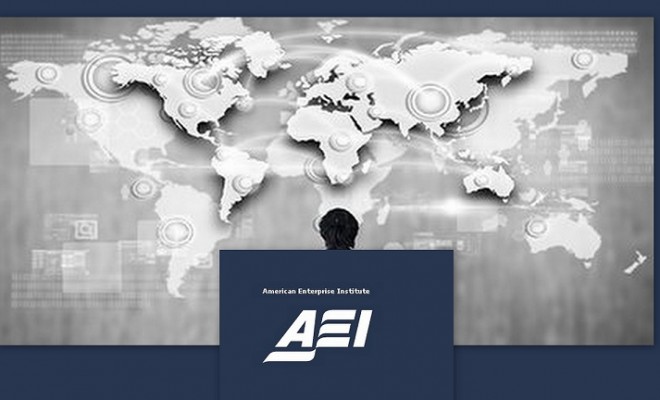
China investigation should scrutinize Special Economic Zones
President Trump is taking an important first step toward improving US trade policy by initiating a Section 301 investigation into intellectual property (IP) theft and technology transfer by China. However, the problem is far bigger than China and much broader than IP theft. It will take some time, but the United States Trade Representative should scrutinize the role of Special Economic Zones (SEZs) in IP theft and take on the growing problem of trade-based money laundering (TBML) in zones worldwide. Small steps now will exponentially curb future losses and give economic sanctions some teeth.
Free markets flow naturally from free societies, but free market enclaves in non-democracies can actually harm free societies. Special Economic Zones (SEZs) are economic enclaves with lower taxes, regulation, and oversight than the rest of the country. Zones can boost exports and foreign direct investment (FDI) oriented economic growth by easing the flow of goods, services, and manufacturing across and within borders. However, given their political popularity and industry specialization, zones have an oddly mixed record promoting economic growth.
In free societies with open economies SEZs encourage more firms to grow, and this enhances freedom as more people enter the market. In non-democratic states with closed economies, SEZs both concentrate economic power in large firms (often overtly or covertly state-connected) and dramatically increase the value of trade. That increased trade value occurs two ways:
- Coerced or stolen technology transfer (Intellectual property IP theft): SEZs use cheap labor, lower tariffs, and streamlined procedures to lure innovative and expanding firms. Non-democratic states copy technology and crowd out the investing firm with a state-connected firm in what appears from the outside to be legitimate competition. In this scenario SEZs boost state economic growth, but illegally and at the expense of non-state innovators and investors.
- Trade-based money laundering (TBML): TBML is the most wide-spread, fastest growing, and difficult to catch form of money laundering used by dictators, transnational criminal networks, and terrorist financiers. It often involves over and under invoicing or shipping, multiple invoicing, and falsely labelled transshipments — all of which becomes easier by the streamlined, unregulated, and complex transactional nature of SEZs.
IP theft reduces competition and distorts markets. TBML fuels the drug crisis, terrorism, and allows rogue states often in collusion with other non-democracies to circumvent economic sanctions like the ones recently leveled on North Korea. Immigration and Customs Enforcement (ICE) currently investigates TBML through its Trade Transparency Units (TTUs) but they are severely underfunded given the scope of the problem.
Of approximately 4,000 special economic zones in 165 countries, a vast majority are in non-democracies. There’s a reason why dictators like them.
All the while, SEZs continue to be dismissed as a benign free-market oriented policy. SEZs in non-democratic countries are harming free societies while we cheer them on for embracing free trade. SEZs are truly the Wild West of global economic liberalization. If the US cares about upholding democracy, it should enforce the basic rules and principles that make free societies the most prosperous societies.
Clay R. Fuller is a Jeane Kirkpatrick fellow at the American Enterprise Institute, where he focuses on authoritarian survival, corruption, and the means through which dictators, terrorists, and criminals use free markets to restrict freedom, sow discord, and legitimize their actions. He also collects data on the use of special economic zones and sovereign wealth funds in nondemocratic countries.




